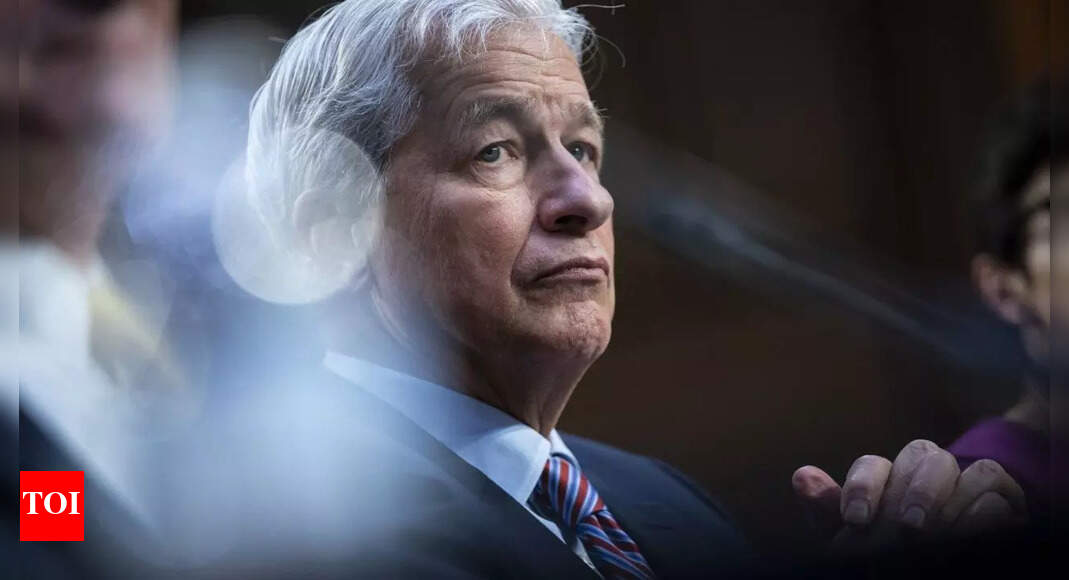JPMorgan Chase CEO Jamie Dimon has published his half-century of funding enjoy right into a easy however robust mantra: “Don’t blow up.” Talking on an episode of Bought Podcast, Dimon shared how this funding philosophy has helped him. Dimon finds that born from his first inventory acquire at age 14 — has formed now not best his private option to making an investment but in addition the danger tradition at some of the international’s biggest banks.
A lesson discovered early
Dimon’s first foray into the inventory marketplace got here in 1972, which used to be guided via his father. After two years, the marketplace crashed via 45%, giving the teenage investor a harsh however formative lesson in volatility. “Don’t blow up,” Dimon stated, relating to the significance of fending off catastrophic losses, particularly all the way through classes of marketplace euphoria.This early enjoy helped Dimon in laying a robust basis for a occupation which is outlined via warning, self-discipline and resilience. He discussed that those qualities have helped JPMorgan and Chase in navigating via monetary disaster and emerge as a world banking chief.
The “Fort Stability Sheet” technique
Dimon’s funding mantra is extra than simply private knowledge— it’s an institutional coverage. Below his management, JPMorgan has has embraced a “fort stability sheet” technique, prioritizing:
- Prime liquidity
- Conservative capital ranges
- Tough reserves
Dimon’s disciplined and calculative way has helped the financial institution in status sturdy all the way through financial downturns akin to COVID-19 pandemic, the monetary disaster of 2008. The method helped the financial institution in keeping up steadiness with out comprising at the popularity.
A blueprint for long-term good fortune
Dimon’s funding coverage highlights the significance of chance control in each private making an investment and company finance. Whilst many of us run in the back of non permanent good points, Dimon advocates for a disciplined technique that avoids overexposure and protects towards worst-case eventualities. “It’s now not about fending off chance totally,” Dimon defined. “It’s about managing it intelligently so you’ll be able to continue to exist and thrive through the years.”

